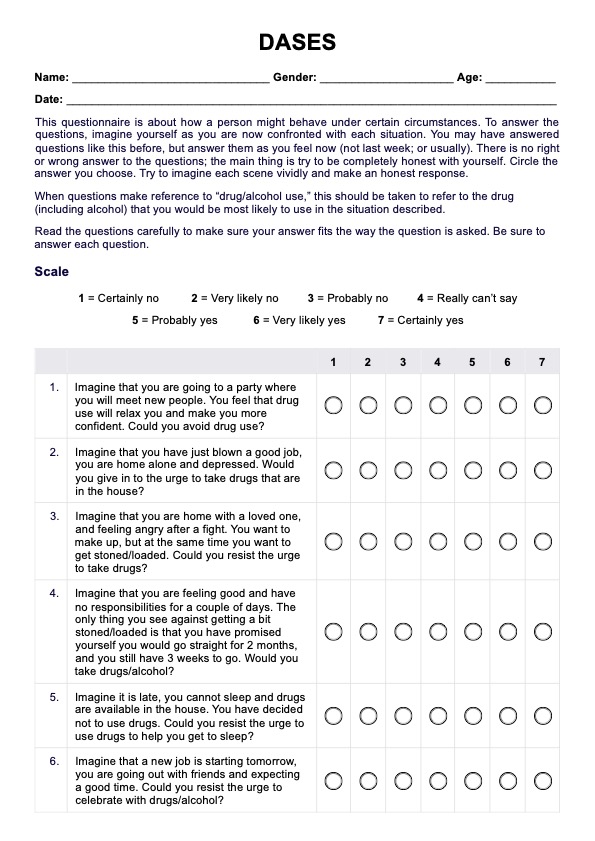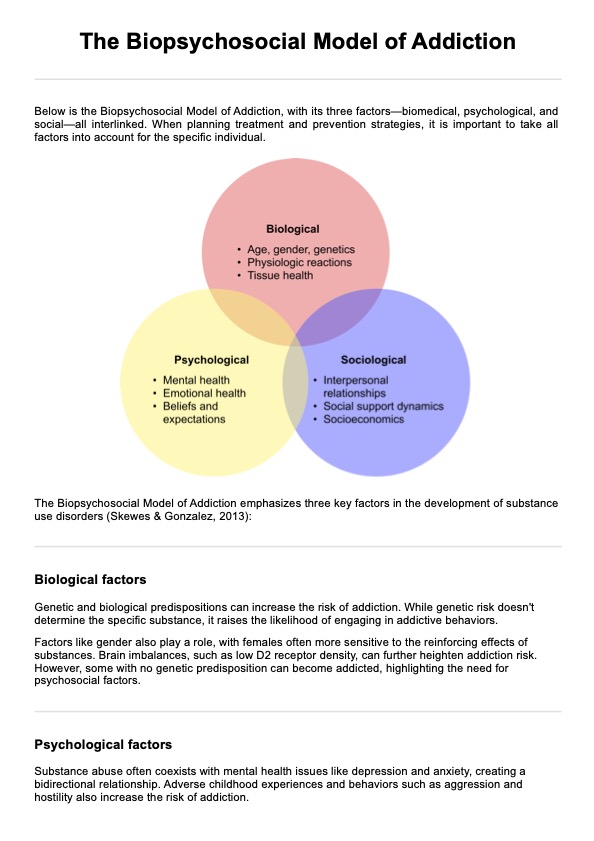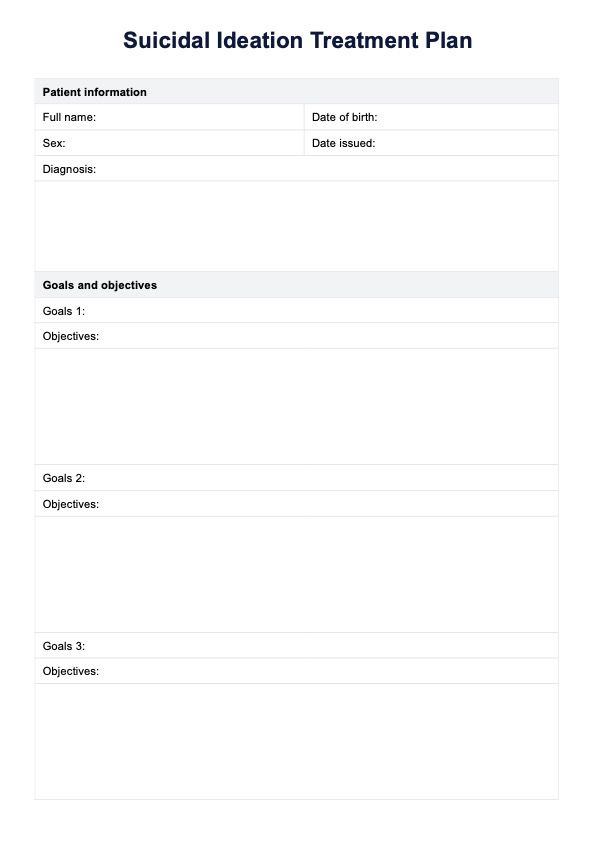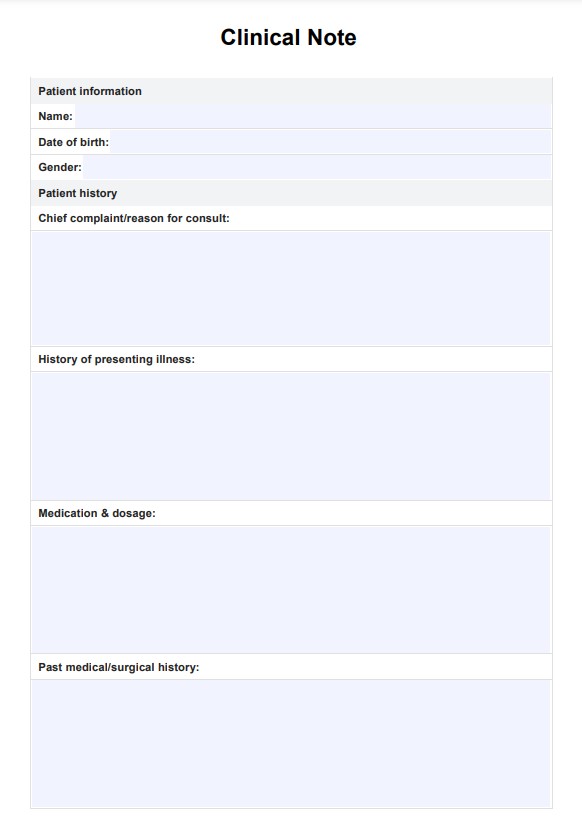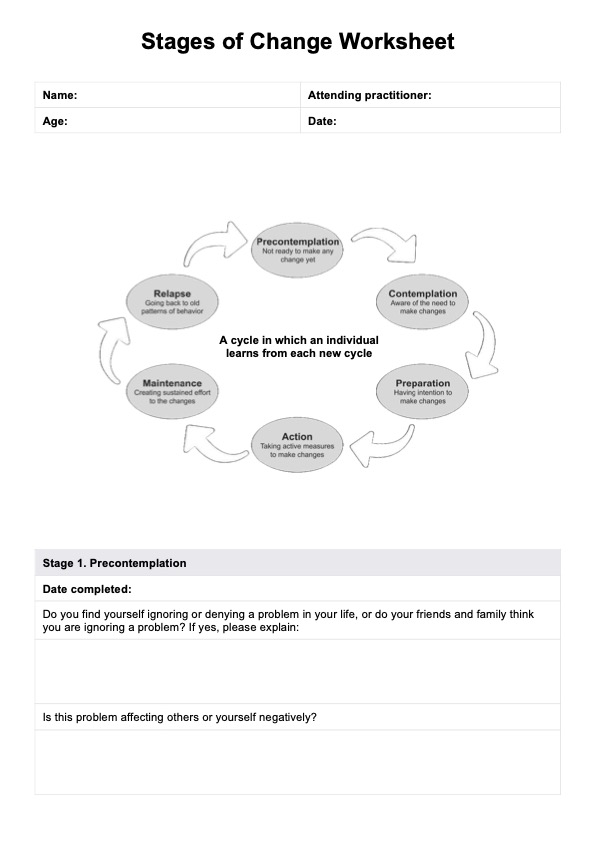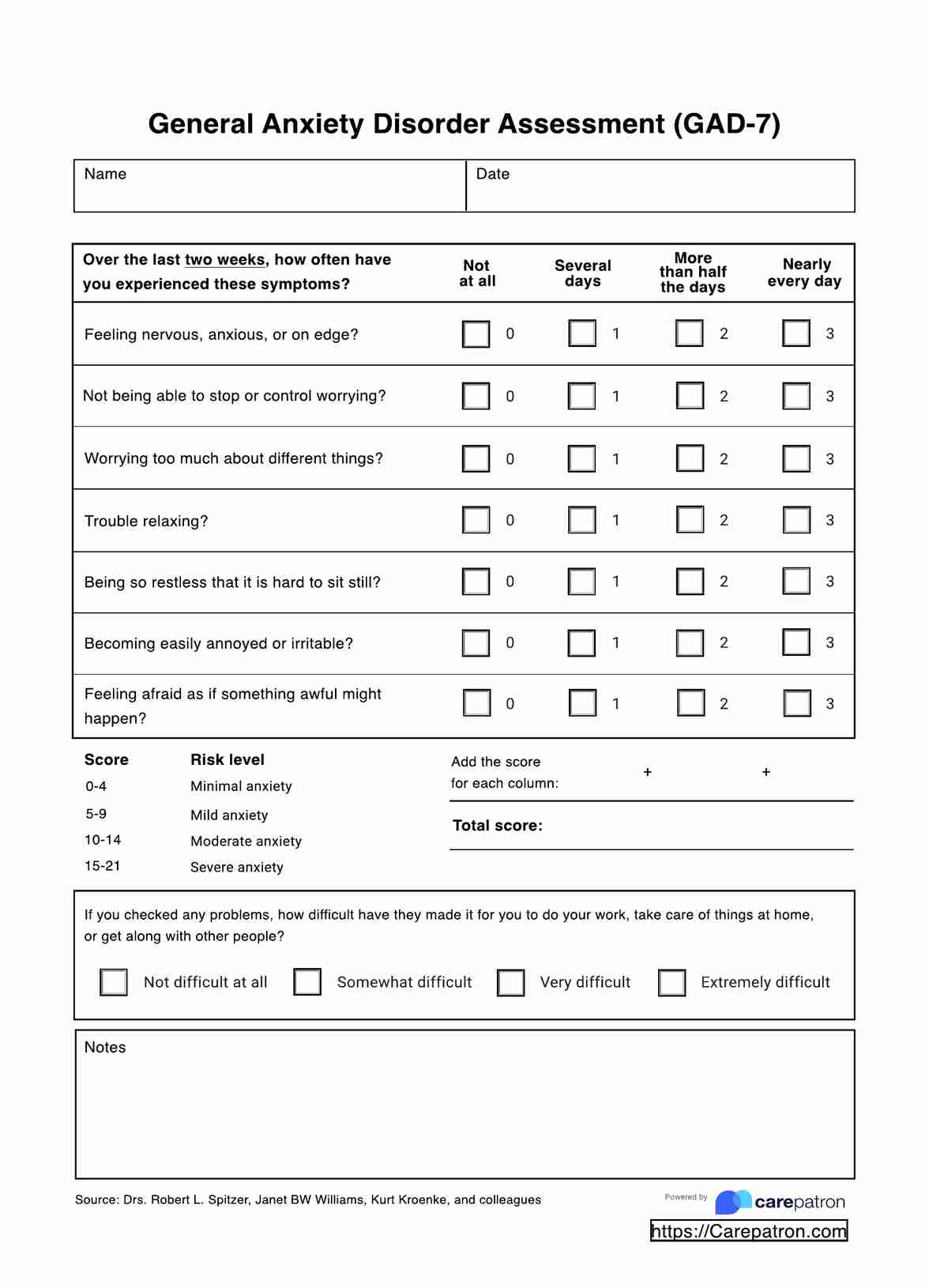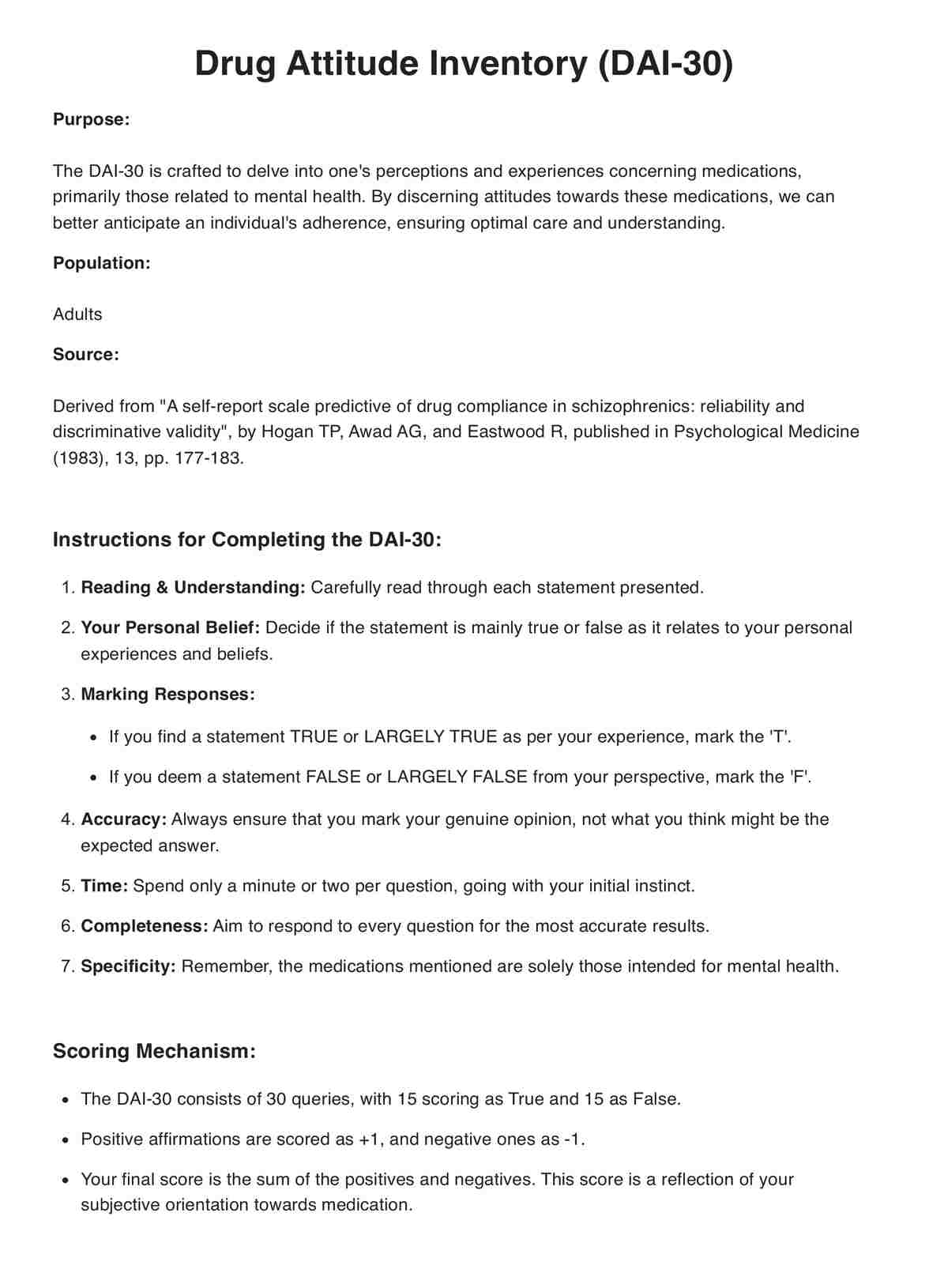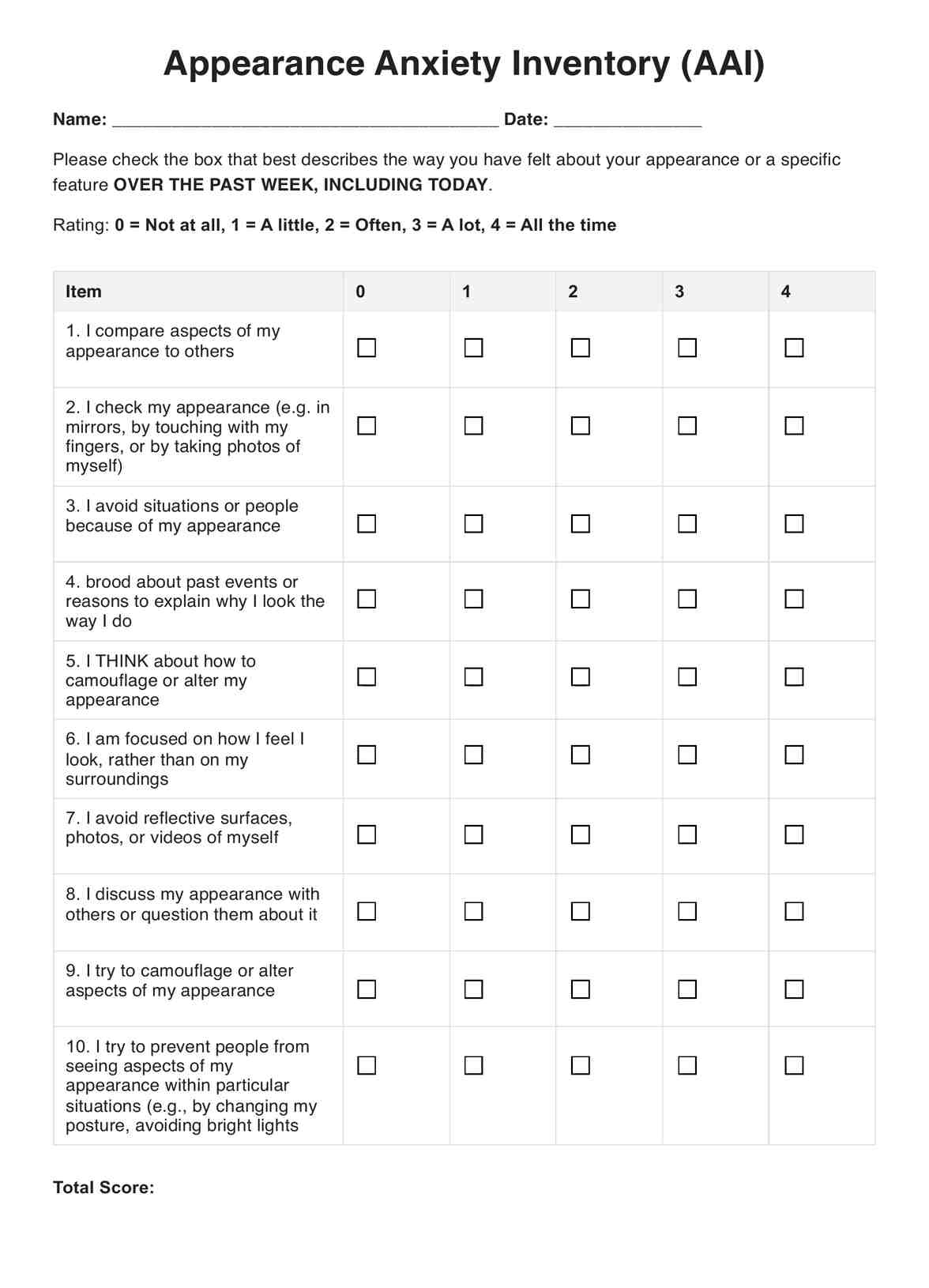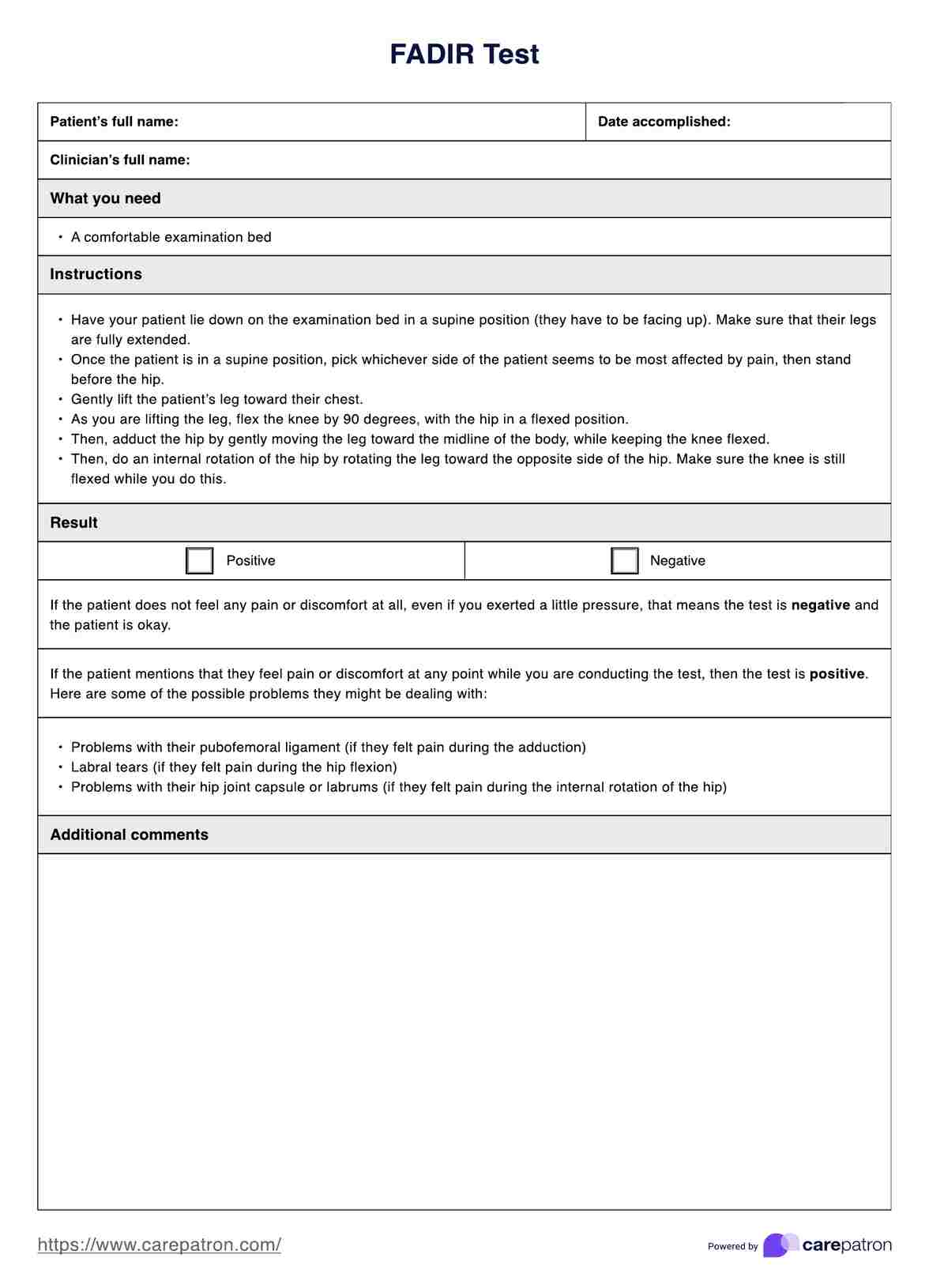NORC Diagnostic Screen for Gambling Problems - Revised
Explore the use and benefits of the NORC Diagnostic Screen for Gambling Problems - Revised, a vital tool for assessing gambling disorders.


What is a gambling addiction?
Gambling addiction, also called compulsive gambling or gambling disorder, is a complex condition characterized by an insatiable need to gamble, even when faced with negative consequences or a conscious wish to stop. Unlike casual gambling, this addiction is relentless and often intensifies over time. It falls under the category of impulse-control disorders, reflecting the person's loss of control over their gambling behavior.
The addiction transcends mere financial implications. People battling this disorder may continue gambling despite financial ruin, deteriorating relationships, and potential legal troubles. The struggle is not limited to traditional forms of gambling; it also extends to online gambling addiction, making it a pervasive issue in today's digital age.
The impact of is multifaceted, affecting not only the individual but also their families and communities. It's not just about losing money but also trust, stability, and often self-respect. Treatment for this condition typically involves an integrated approach that includes therapy, support groups, and sometimes medication. The road to recovery often demands a profound change in lifestyle and thinking patterns to rebuild a healthy, balanced life.
Recognizing and understanding gambling addiction is the first step toward seeking help and support, enabling recovery and healing.
NORC Diagnostic Screen for Gambling Problems - Revised Template
NORC Diagnostic Screen for Gambling Problems - Revised Example
How to use the NORC Diagnostic Screen for Gambling Problems, Revised:
Here's how to use the NORC Diagnostic Screen for Gambling Problems - Revised (NODS):
Step 1: Obtain the Screening Tool
Acquire the NORC Diagnostic Screen for Gambling Problems - Revised (NODS) from authorized mental health professionals or licensed online platforms. Ensuring the authenticity of the tool is vital for accurate results.
Step 2: Self-Administer or Professionally Administer
The NODS can be either self-administered or conducted by a trained healthcare provider. It comprises a set of carefully crafted questions related to gambling behaviors, attitudes, and the consequential impacts of gambling.
Step 3: Score the Responses
Each response on the NORC Diagnostic Screen for Gambling Problems - Revised (NODS) is scored from 0 to 10 on a scale. The total score is then tallied to provide quantitative insight into gambling-related problems. A higher score typically indicates more severe issues.
Step 4: Interpret the Results
A trained professional should interpret the results, as they can provide comprehensive insight into the potential presence and intensity of gambling problems. Individual self-assessment may also be beneficial but should ideally be followed up with professional evaluation for the most accurate understanding.
By employing the NORC Diagnostic Screen for Gambling Problems - Revised (NODS), individuals and healthcare providers can understand gambling behaviors objectively and take the necessary steps toward intervention and treatment, whether for self-awareness or clinical diagnosis.
When would you use this NORC Diagnostic Screen for Gambling Problems, Revised?
The NORC Diagnostic Screen for Gambling Problems - Revised can be employed in various environments to cater to various needs.
- Clinical Settings: Therapists, psychologists, counselors, and other healthcare professionals use this screen in clinical settings to conduct initial assessments or continuously monitor a patient's condition. It assists in the early detection and accurate diagnosis of potential gambling disorders.
- Addiction Treatment Centers: At centers devoted explicitly to addiction treatment, the NORC Diagnostic Screen for Gambling Problems - Revised becomes essential to gauge the severity of gambling issues and tailor intervention strategies accordingly.
- Primary Care Facilities: Even in primary care facilities, where gambling disorders might not be the primary focus, this screening tool can be an essential part of a general mental health check-up, especially if there is a history of addiction or related behaviors.
- Personal Use: Beyond the professional environment, individuals with concerns about their gambling habits or those of a loved one can use this screen to gain insight into possible problems. It acts as a preliminary step in understanding the need for professional help.
- Educational and Preventive Programs: The NORC Diagnostic Screen for Gambling Problems - Revised can also be a significant component of academic and preventive programs targeting high-risk populations, such as adolescents or those with a family history of addiction.
The NORC Diagnostic Screen for Gambling Problems - Revised is a versatile and invaluable tool, deployed not only by specialists in mental health and addiction treatment but also by general practitioners and even individuals. Its use spans initial diagnosis, ongoing assessment, preventive education, and self-evaluation, emphasizing its broad applicability and importance in gambling disorders.
What are the benefits of using this revised NORC Diagnostic Screen for Gambling Problems?
Early Detection
The NORC Diagnostic Screen for Gambling Disorders facilitates early detection of gambling issues, allowing for timely intervention.
Objective Assessment
Carepatron’s free NORC Diagnostic Screen for Gambling Problems provides an objective measure, helping to remove personal bias.
Versatility
Our free NORC Diagnostic Screen for Gambling Problems can be used by various professionals or even for self-assessment.
Free Accessibility
Often available as a free tool, our free NORC Diagnostic Screen for Gambling Problems is accessible to a wide audience.
Research-Backed
NORC Diagnostic Screen for Gambling Problems Scoring is backed by robust research, ensuring its credibility and reliability.
Commonly asked questions
Usually, it takes 15–20 minutes.
It is used when assessing or diagnosing gambling-related issues is necessary.
This screening tool can be used by mental health professionals, addiction specialists, or even individuals under guidance.

.jpg)
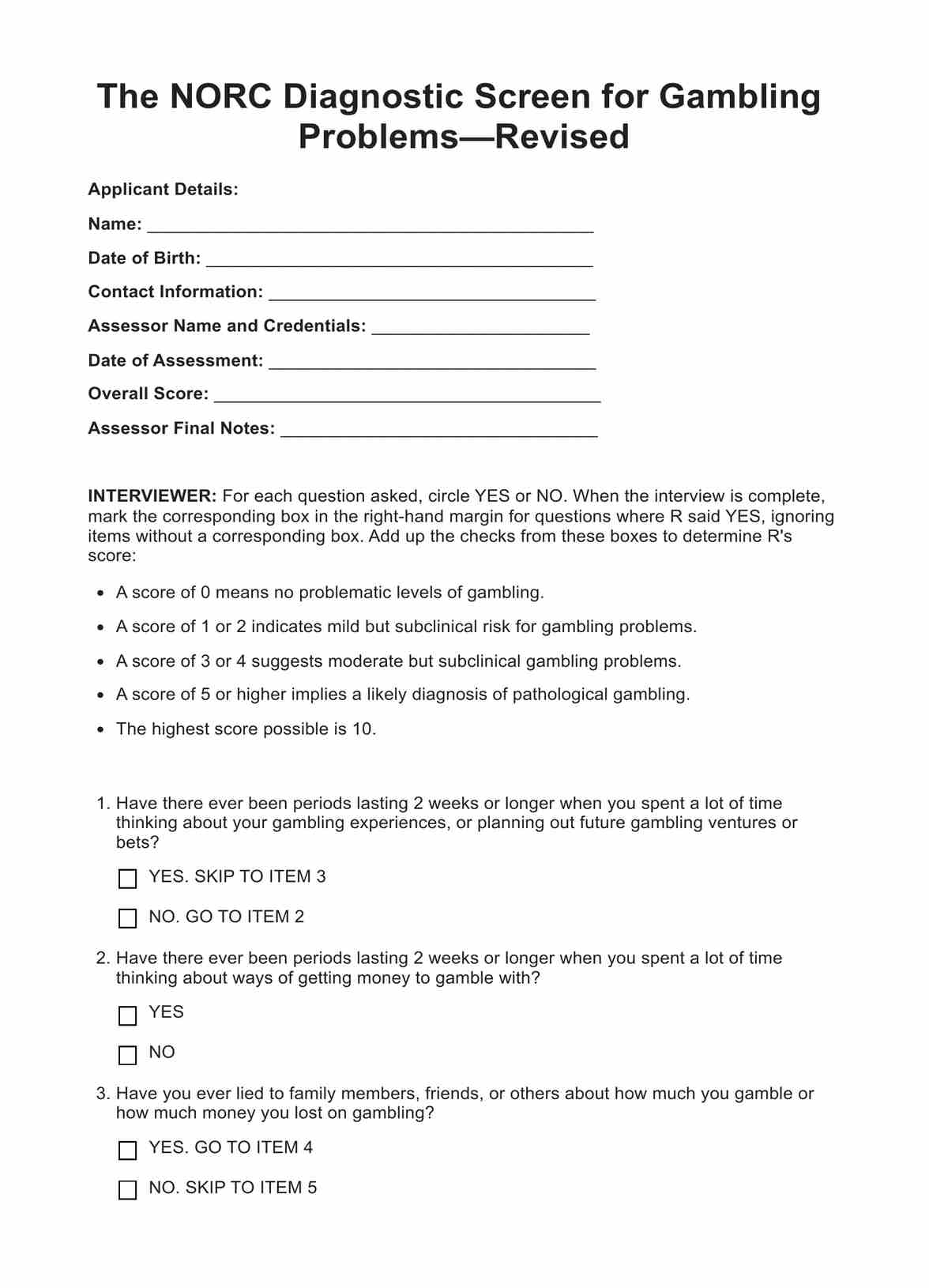
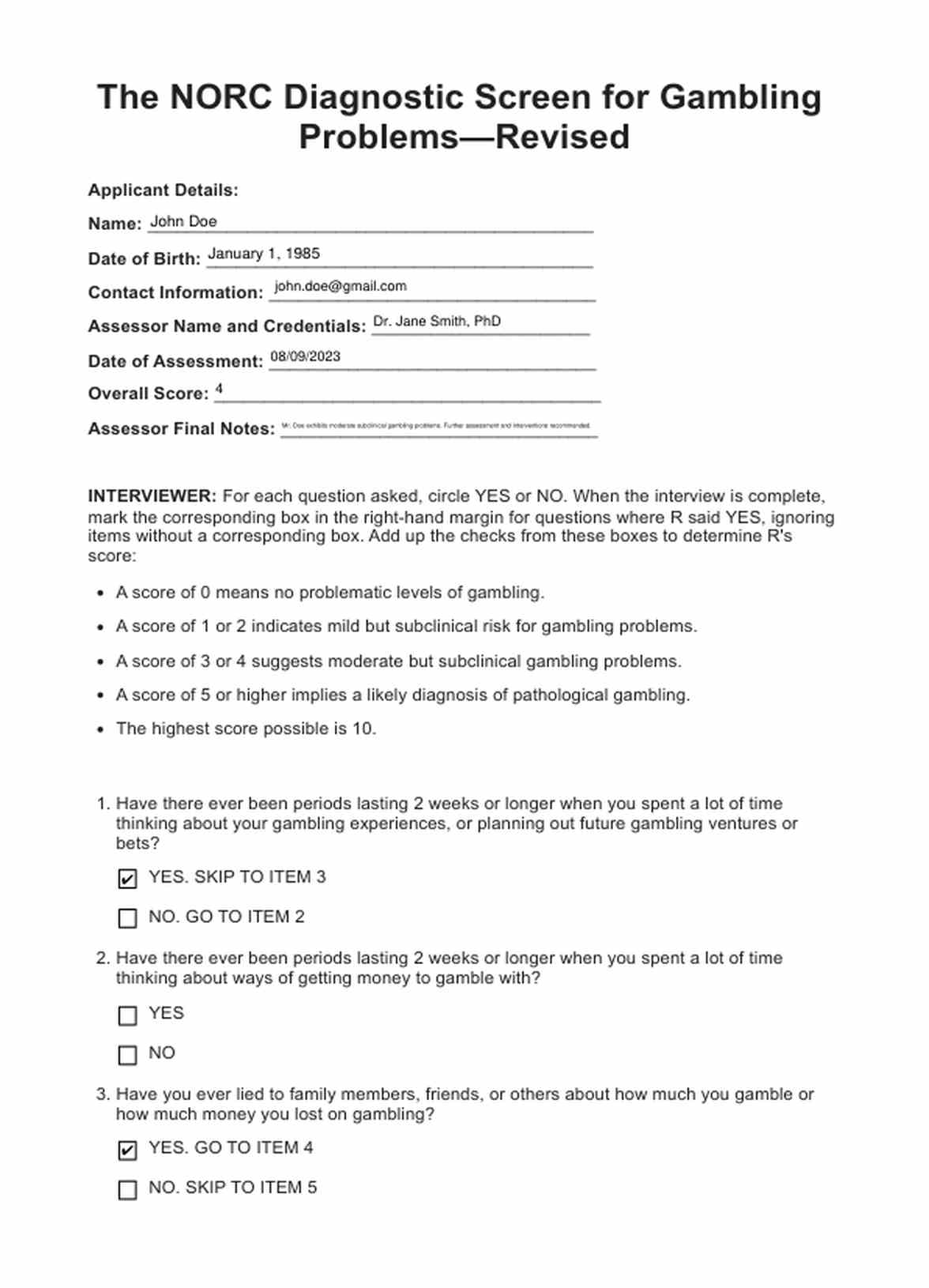














-template.jpg)


